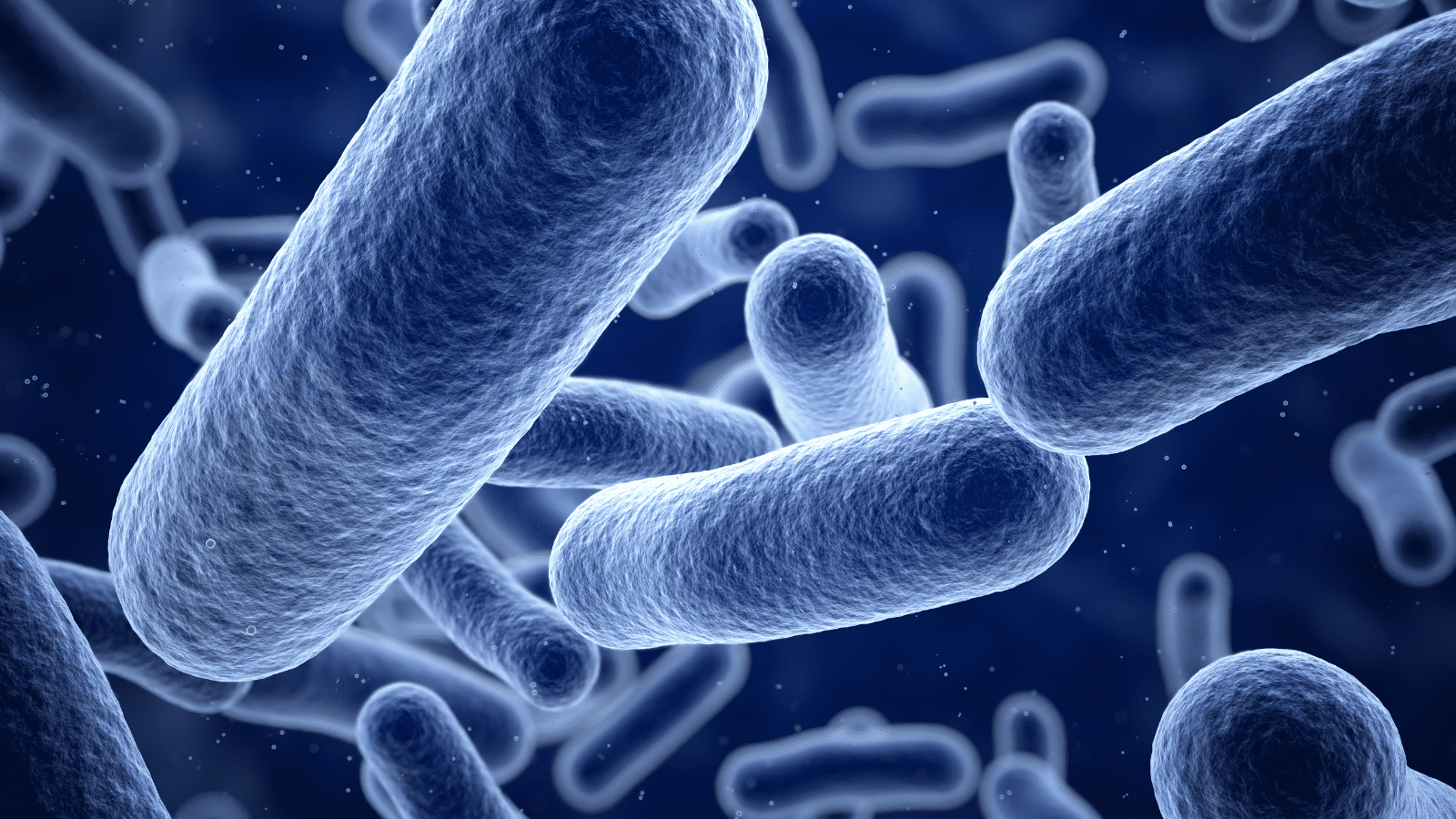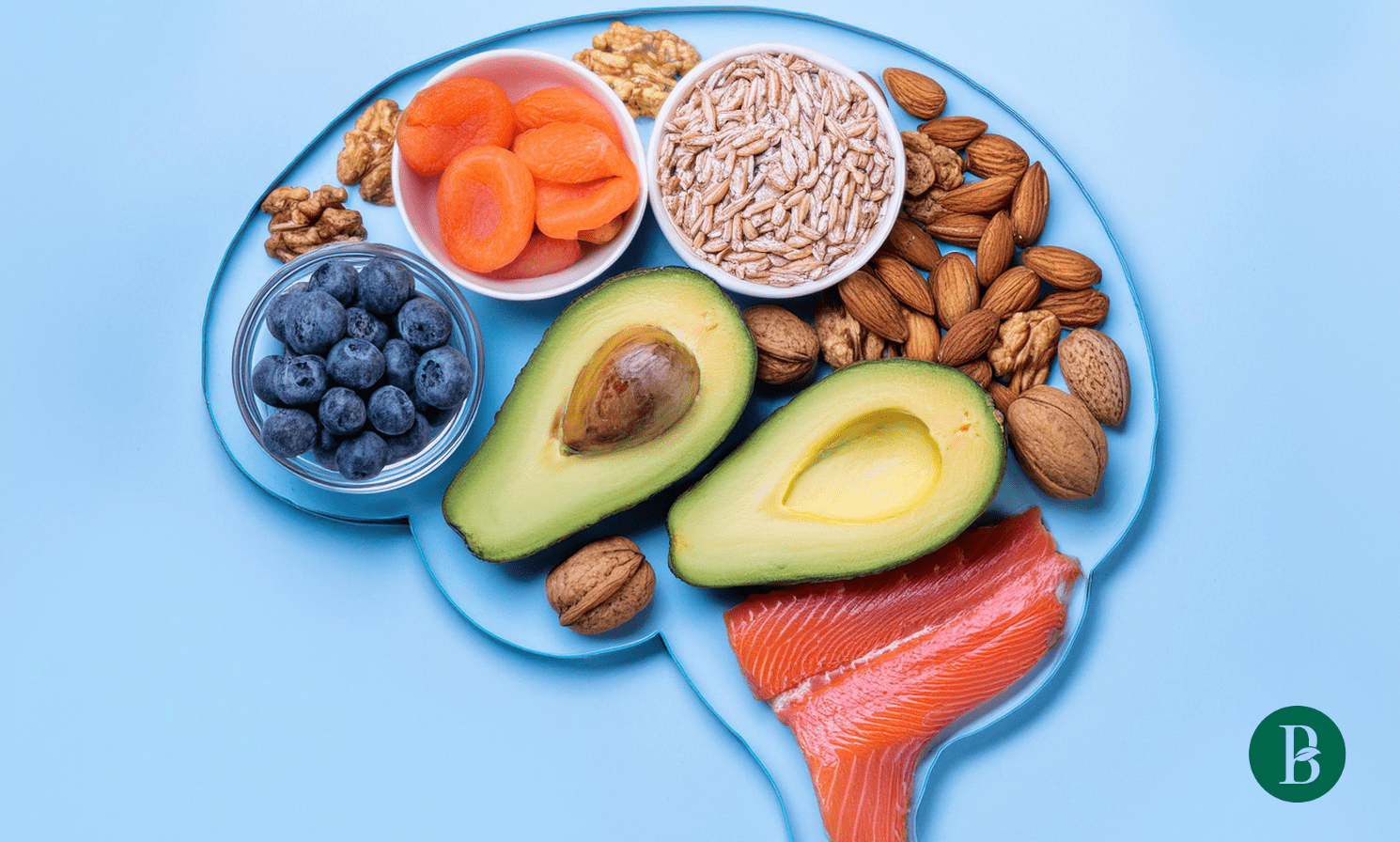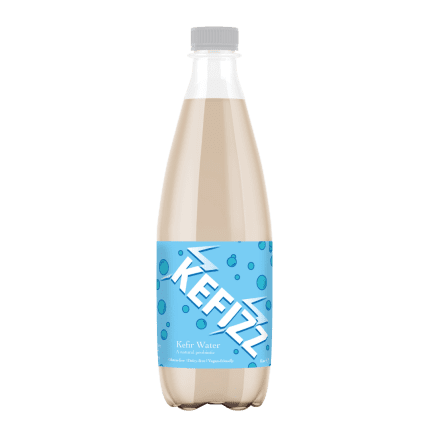In this blog we discuss the gut-brain axis and its link to depression in winter.
As the days grow shorter and temperatures drop, many people experience a noticeable dip in mood. This is particularly true for those suffering from Seasonal Affective Disorder (SAD), a type of depression that typically occurs in the winter months. While reduced sunlight and changes in melatonin and serotonin levels are often cited as key factors, recent research suggests that another crucial player may be at work: the gut-brain axis.
The gut-brain axis is a bidirectional communication system between the gut and the brain, involving the nervous system, immune system, and the gut microbiome. Emerging evidence suggests that disruptions to the gut microbiome—particularly those caused by poor diet and seasonal changes—can significantly contribute to depression and anxiety, especially during winter.
The Gut-Brain Axis: A Key Player in Mental Health
The gut and brain are intricately connected through the vagus nerve, the immune system, and chemical messengers called neurotransmitters. The gut microbiome—comprising trillions of bacteria, fungi, and viruses—plays a pivotal role in regulating these interactions.
A healthy gut microbiome produces neurotransmitters such as serotonin, dopamine, and gamma-aminobutyric acid (GABA), which help regulate mood and emotions. In fact, over 90% of serotonin—often referred to as the “happiness hormone”—is produced in the gut. When the microbiome is balanced, these chemicals help maintain emotional stability and cognitive function. However, when the gut microbiome is disrupted, neurotransmitter production can be impaired, contributing to depressive symptoms.

Seasonal Affective Disorder (SAD) and the Gut Microbiome
SAD is a seasonal mood disorder that primarily affects people during the autumn and winter months, when there is less natural sunlight. Symptoms include:
- Persistent low mood
- Lack of energy
- Sleep disturbances
- Changes in appetite (often craving high-carb, sugary foods)
- Increased feelings of anxiety and irritability
A lack of sunlight leads to reduced vitamin D levels, which play an essential role in regulating serotonin production. But beyond this, there is growing evidence that SAD may also be linked to gut microbiome imbalances.
Winter months often coincide with poorer dietary habits, which can lead to dysbiosis—an imbalance of gut bacteria. The festive season is often filled with:
- Processed foods high in refined sugar
- Alcohol consumption
- Reduced intake of fresh fruits and vegetables
These changes can alter the composition of the gut microbiome, reducing beneficial bacteria such as Lactobacillus and Bifidobacterium, which support mental health. In turn, harmful bacteria can proliferate, leading to increased inflammation and changes in neurotransmitter production.
The Impact of Poor Winter Diets on Mental Health
During winter, many people gravitate towards comfort foods, which are often high in sugar, refined carbohydrates, and unhealthy fats. While these foods may provide temporary pleasure, they can negatively impact both gut healthand mental well-being.
Increased Inflammation: A diet high in processed foods and sugar promotes gut inflammation, which can lead to a leaky gut—a condition where the gut lining becomes more permeable, allowing harmful substances to enter the bloodstream. This can trigger systemic inflammation, which has been linked to depression.
Reduced Production of Key Neurotransmitters: A lack of prebiotic and probiotic foods (such as fibre-rich vegetables, fermented foods, and healthy fats) can limit the production of serotonin and dopamine, exacerbating symptoms of depression.
Blood Sugar Imbalances: Consuming excessive sugary and processed foods can cause spikes and crashes in blood sugar levels, leading to mood swings, fatigue, and irritability—common symptoms of seasonal depression.
The Importance of Supporting Gut Health in Winter
Looking after your gut health is crucial during winter, especially if you are prone to seasonal depression or low mood. As the colder months often encourage people to eat more processed and high-carb foods, making conscious dietary changes can have a profound effect on both gut health and mental well-being.
One of the best ways to maintain a healthy gut-brain connection is by reducing carbohydrate intake and increasing probiotic-rich foods. A low-carb diet, particularly one rich in broths and fermented drinks like kefir water, can be highly beneficial for both digestion and mental clarity.
How a Low-Carb Diet, Broths, and Kefir Water Support Mental Health
Low-Carb Diet:
- Reducing processed carbs and sugar helps regulate blood sugar levels, preventing mood crashes and reducing inflammation.
- Encourages the body to use healthy fats for energy, which provides sustained mental clarity and emotional stability.
Bone Broth:
- Rich in collagen, amino acids, and gut-healing compounds that support digestion and reduce inflammation.
- Contains gelatin, which helps maintain a healthy gut lining, preventing leaky gut syndrome—a condition linked to mental health disorders.
- Provides essential minerals like magnesium and zinc, which are crucial for neurotransmitter production.
Kefir Water (fermented probiotic drink):
- Packed with beneficial bacteria that help restore gut microbiome balance.
- Aids in digestion and reduces gut inflammation, indirectly improving mood and mental function.
- Supports serotonin production through its probiotic content, helping combat symptoms of depression.
Other Ways to Support Gut Health in Winter
- Eat More Fibre: Vegetables, nuts, and seeds help feed beneficial gut bacteria.
- Avoid Processed Foods: Cut back on sugar, artificial additives, and alcohol.
- Get Enough Vitamin D: Consider supplementation if sunlight is limited.
- Exercise Regularly: Helps stimulate gut motility and reduce stress.
- Manage Stress: Mindfulness and meditation can positively influence gut health.
Conclusion
The link between the gut-brain axis and depression is becoming increasingly clear, and its importance is particularly evident in winter months, when Seasonal Affective Disorder (SAD) is more prevalent. Poor diet and lifestyle changes during colder months can disrupt the gut microbiome, leading to increased inflammation and neurotransmitter imbalances that contribute to depression.
By making conscious dietary changes, such as adopting a low-carb diet rich in broth and kefir water, you can support your gut microbiome and improve your mental health. Keeping your gut in balance may be the missing piece in combating seasonal depression and ensuring you feel happier and healthier throughout winter.
Understanding the powerful connection between gut health and mental health is key to improving mood naturally—even in the darkest months of the year.







